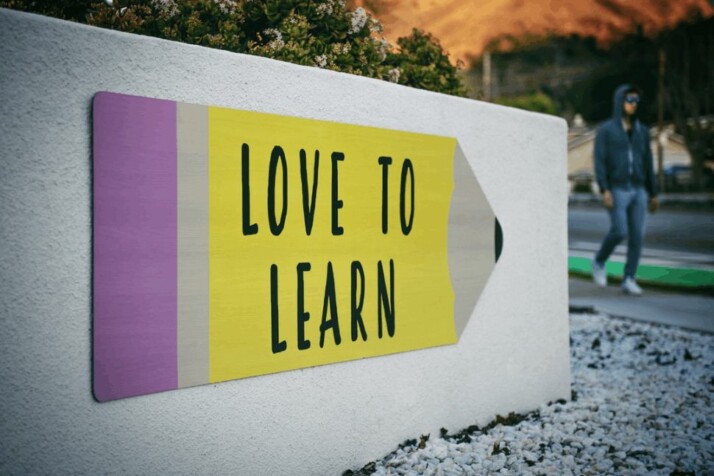The usage of all the or all of the can be confusing not only for non-native speakers but sometimes also for native speakers. Inappropriate use of the word ‘of’ after the word ‘all’ is a frequent mistake among many.
All the vs. All of the: Which One Is Correct?
Depending on the context, both “all the” and “all of the” are correct. Non-native speakers may often make the mistake of using both the terms interchangeably, but they mean two different things.
Using “all of the” before a noun is not incorrect, but it is usually informal and colloquial. For native speakers, it may sound a bit old-fashioned or sloppy.
On the other hand, it is a common practice to use “all of” by most native speakers. This is due to the fact that “all” serves as a predeterminer in the phrase. And it comes with a different set of defined rules than when it functions as a pronoun or determiner.
However, it would be incorrect to say that the errors can be addressed by omitting “of” from the “all of the.” This is because there are times when the “of” is necessary.

Learn to Use “All the”
Scenario 1: We use “all” when talking about all the things of a particular class without specifying a group. If ‘all’ follows a noun that refers to something in its entirety, we should not use ‘of.’
Example:
- Incorrect: All of the dogs are loyal.
- Correct: All dogs are loyal.
In the above example, we use “all” without “of” because “dogs” refers to every possible canine, not a specific group of dogs.
Scenario 2: We use all by itself when an uncountable noun follows it without a determiner.
Example:
- Incorrect: We have given up on all of the hope.
- Correct: We have given up on all hope.
Scenario 3: We don’t need the ‘of‘ when ‘all‘ functions as a pronoun itself, referring to everyone, everything, or the only thing.
Examples:
- Sentence 1: All you deserve is happiness.
- Sentence 2: All were happy with the final decision.
The above sentences are both correct because ‘all‘ functions as a pronoun, not a determiner.
Learn to Use “All of The”
Scenario 1: When ‘all‘ serves as a determiner or predeterminer, it is followed by ‘of.’ This means that the ‘all’ is used to refer to the quantity or amount of something you’re talking about.
Generally, we use ‘all of‘ when the following word is a pronoun. Whether it is a personal pronoun (me, you) or relative pronoun (whom, which), we use ‘of‘ to make the sentence grammatically correct.
Example 1:
- Incorrect: All you were invited to the party.
- Correct: All of you were invited to the party.
Example 2:
- Incorrect: I spoke to my uncles, all whom were lawyers.
- Correct: I spoke to my uncles, all of whom were lawyers.
Scenario 2: When “all” comes before another determiner, particularly the definite article “the,” in a noun phrase, the “of” is not necessary.
Examples:
- Correct Sentence 1: She does all of the work at home.
- Correct Sentence 2: She does all the work at home.
To Wrap Up
A lot of people mouth “all the” when they mean “all of the,” and vice versa. You should know the difference so that you don’t accidentally say one thing and then correct yourself.
The difference between all the vs all of the is subtle but significant. Both the phrases are commonly used and incorrectly used by people. Therefore, this quick guide will help you clarify your confusion and learn the correct usage of both phrases.
Explore All Grammar Checker Articles
How to Write Great Dialogue That Your Readers Will Love
As a writer, there are times you’ll have to write dialogue in your essays or fiction. In such a case,…
Grammar Tips for Writers — Writing Compelling Content
Having a talent for writing, whether it’s writing academic essays or writing fiction is great. Talent will only take you…
Bad Grammar: Confusing Common Grammatical Errors to Prevent
As a writer, you can’t avoid errors due to bad grammar. However, making mistakes doesn’t make you a bad writer. What…
Possessives: boss’ or boss’s grammar
Boss’ or boss’s has been a topic of debate for a very long time. Schools typically teach that words ending…
“Were” Vs “Was”: Correct Use And Examples
Have you ever wondered which word fits into a sentence — were or was? You’re not alone. Were or Was:…
How to Improve Your Grammar By Speaking
Grammar can be confusing for many students learning English. Correct grammar is important to both your writing and speaking. Why…
